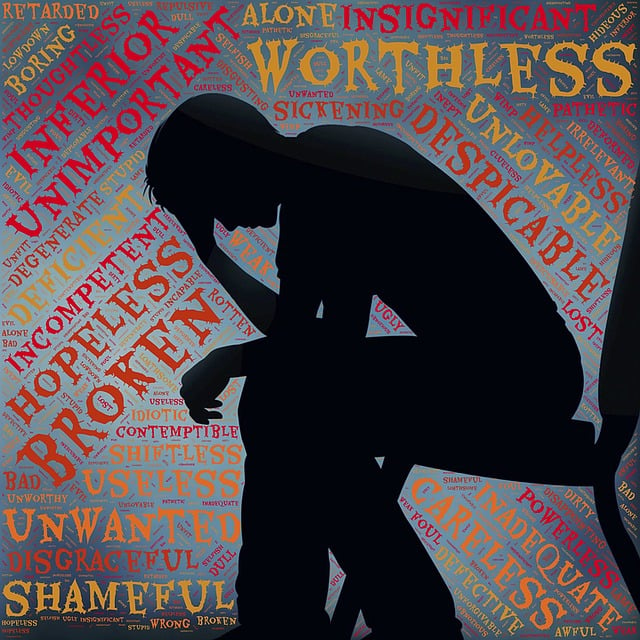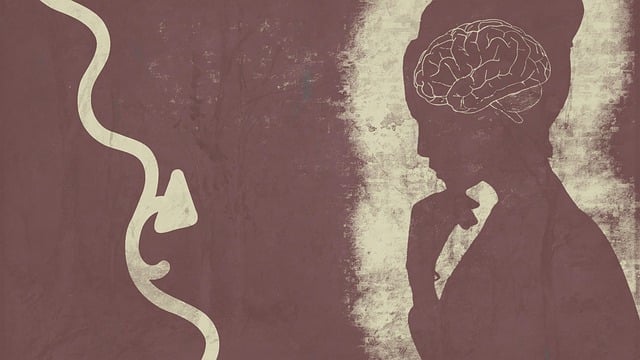Risk assessment is a critical component of Wheat Ridge Bipolar Disorder Therapy, enabling therapists to identify and mitigate potential risks like mood swings, suicidal ideation, and medication side effects. This proactive approach aligns with best practices, supports depression prevention, and fosters personalized care within a safe environment. Mental health professionals must balance subtlety in deciphering patient changes, co-occurring issues, and building resilience while maintaining open communication to prevent crises and build trust. Effective strategies include mindfulness exercises, compassion cultivation, structured risk assessment protocols, and evidence-based therapies tailored to individual needs.
Mental health professionals constantly navigate complex landscapes, including managing risks associated with diverse patient needs. This article delves into the critical aspect of risk assessment within the context of Wheat Ridge Bipolar Disorder Therapy, offering a comprehensive guide for practitioners. We explore essential strategies to identify potential hazards and mitigate them effectively, ensuring both patient safety and clinical success. Understanding risk assessment is a game-changer in fostering positive outcomes for those facing bipolar disorder challenges.
- Understanding Risk Assessment in Mental Health Practice
- Identifying Potential Risks in Wheat Ridge Bipolar Disorder Therapy
- Strategies for Effective Risk Management and Mitigation
Understanding Risk Assessment in Mental Health Practice

Risk assessment is a cornerstone of mental health practice, crucial for ensuring client safety and ethical delivery of care. It involves systematically identifying, analyzing, and mitigating potential risks associated with an individual’s mental health condition and treatment plan. For professionals specializing in Wheat Ridge Bipolar Disorder Therapy, understanding this process is paramount. By conducting thorough risk assessments, therapists can anticipate and address challenges related to mood swings, suicidal ideation, or medication side effects, thereby enhancing the effectiveness of their interventions.
This proactive approach not only aligns with best practices in mental health policy analysis and advocacy but also plays a pivotal role in depression prevention and emotional regulation strategies. It empowers professionals to provide personalized care, fostering a safe environment where clients can navigate their mental health journeys with confidence and support.
Identifying Potential Risks in Wheat Ridge Bipolar Disorder Therapy

Identifying Potential Risks in Wheat Ridge Bipolar Disorder Therapy requires a nuanced approach, as this complex condition presents unique challenges. Mental health professionals must be adept at recognizing the subtleties of bipolar disorder symptoms, which can include intense mood swings, from euphoria to depression, often accompanied by changes in sleep and appetite patterns. In the context of Wheat Ridge Bipolar Disorder Therapy, understanding the patient’s history and current experiences is crucial. Many individuals with bipolar disorder struggle with impulsivity, substance abuse, or co-occurring mental health conditions, all of which can complicate therapy and require additional Crisis Intervention Guidance.
Risk Assessment for Mental Health Professionals plays a pivotal role in ensuring safe and effective treatment. By integrating Resilience Building techniques into the therapeutic framework, practitioners can help patients navigate severe episodes and develop coping strategies. Regular monitoring and open communication are essential to identifying early warning signs of potential crises, allowing for prompt intervention. This proactive approach not only enhances patient safety but also fosters trust and strengthens the therapeutic alliance in the context of Wheat Ridge Bipolar Disorder Therapy.
Strategies for Effective Risk Management and Mitigation

Mental health professionals face unique challenges when it comes to risk assessment and management due to the sensitive nature of their work. Effective risk mitigation strategies are essential to ensure the safety of both clients and practitioners, fostering a supportive therapeutic environment. One key approach involves proactive self-care practices tailored to individual needs. This includes strategies for stress management, such as mindfulness exercises and compassion cultivation techniques, which have been shown to enhance resilience and reduce burnout—crucial aspects in maintaining a healthy work-life balance.
Additionally, professionals should adopt structured risk assessment protocols, regularly reviewing client cases to identify potential triggers or red flags. By implementing these measures alongside evidence-based therapies like those offered at Wheat Ridge Bipolar Disorder Therapy, mental health practitioners can effectively navigate complex situations, fostering growth and healing while mitigating risks.
Mental health professionals play a crucial role in managing complex conditions like Wheat Ridge Bipolar Disorder. By understanding risk assessment, identifying potential hazards within specific therapy contexts, such as Wheat Ridge Bipolar Disorder Therapy, and implementing effective risk management strategies, practitioners can ensure safer, more mitigated outcomes for their clients. This holistic approach not only protects patients but also enhances the quality of care provided, ultimately fostering better mental health outcomes.














